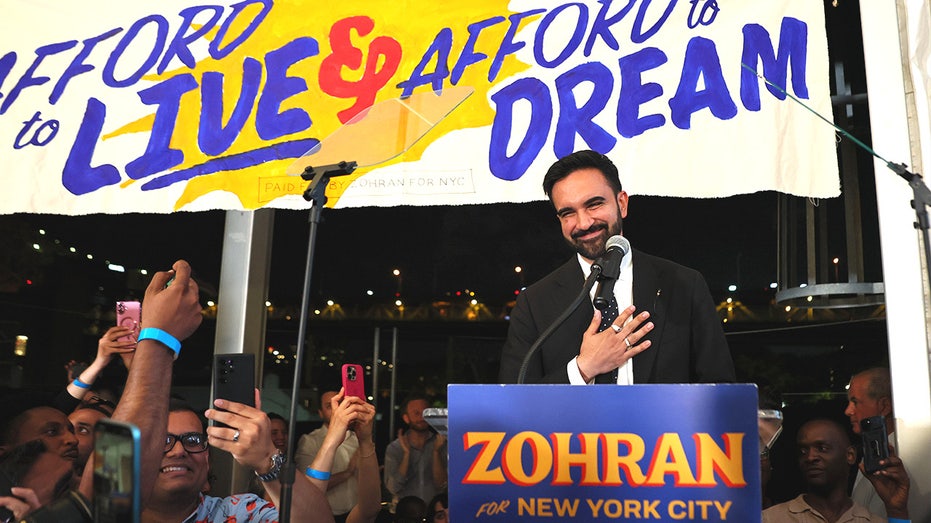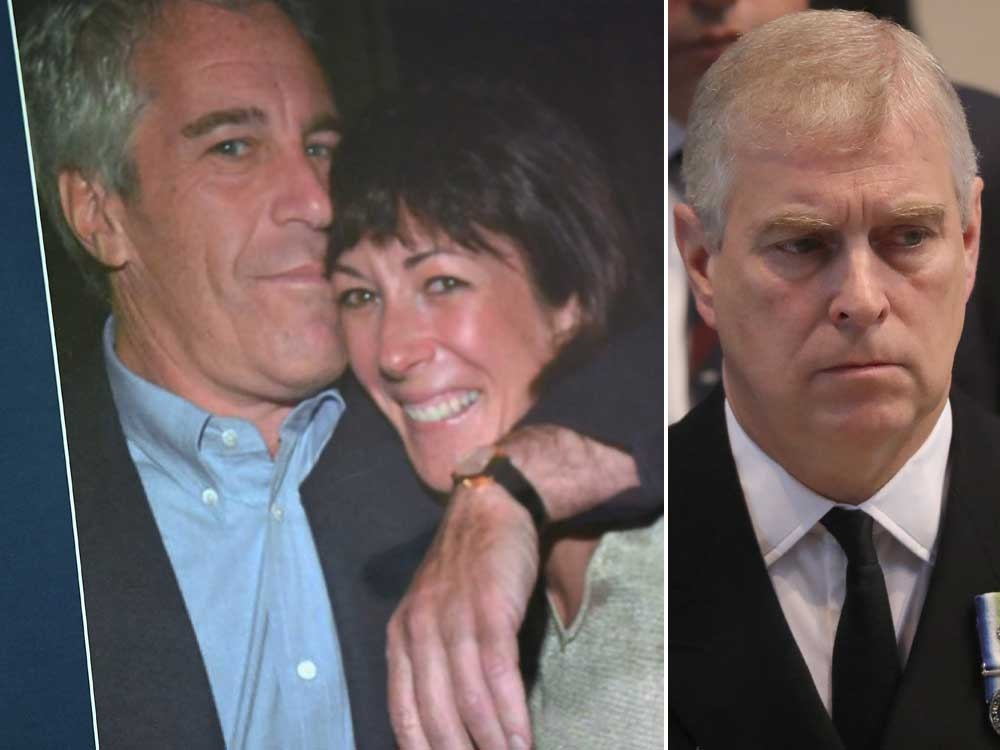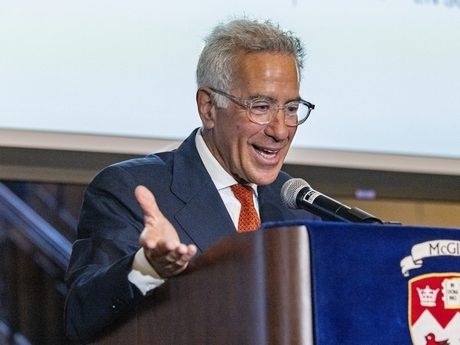The vibrant celebration of Day of the Dead in Uruapan, Mexico, was shattered by gunfire this weekend, claiming the life of Mayor Carlos Manzo. A vocal opponent of the cartels that plague his state, Manzo’s death has ignited fears and raised questions about the escalating violence targeting those who dare to challenge the criminal underworld.
Manzo wasn’t simply a politician offering platitudes; he was a defiant voice demanding action. He publicly criticized President Claudia Sheinbaum, accusing her administration of insufficient resolve in confronting the cartels that hold a brutal grip on Michoacán State – a region notorious for its cartel-fueled bloodshed.
“We need greater determination from the president of Mexico,” Manzo declared just months before his death, his words echoing a growing desperation within the community. He vowed to stand firm, refusing to become another statistic in a grim tally of assassinated mayors, even as fear gnawed at him.
His courage was born of a chilling awareness. “I am very afraid, but I must face it with courage,” he admitted, knowing full well the risks he was taking by directly confronting the cartels. This bravery, however, ultimately wasn’t enough to shield him from their reach.
The attack occurred during a solemn Day of the Dead vigil, a time for remembrance and honoring ancestors. Manzo was struck by seven bullets, a brutal assault that underscored the ruthlessness of his attackers. He succumbed to his injuries in a nearby hospital, leaving a city reeling in shock and grief.
Mexican Security Minister Omar García Harfuch swiftly announced a full investigation, promising that those responsible would not escape justice. He expressed condolences to Manzo’s family and the residents of Uruapan, acknowledging the profound loss inflicted by organized crime.
Despite the gravity of the situation, Manzo wasn’t without protection. He had assembled a robust security detail, comprised of officers personally selected by him and fourteen members of the National Guard. This extensive security, however, proved insufficient to prevent the assassination.
Manzo’s uncompromising stance against crime had earned him a striking nickname: “Mexican Bukele,” a comparison to El Salvador’s President Nayib Bukele, known for his aggressive crackdown on gang violence. He embodied a similar spirit of forceful intervention, a strategy that clearly ruffled feathers within the criminal landscape.
Since President Sheinbaum’s inauguration, Manzo had been a persistent critic of her approach to cartel issues. He openly questioned her belief that criminals would simply surrender, challenging her to demonstrate tangible results. He even offered to resign if she proved him wrong, a testament to his unwavering conviction.
“If she thinks she’s going to detain these criminals without a single shot fired and that they’ll just turn themselves in, well, she should get it done,” Manzo stated in a May speech. His death serves as a stark reminder of the immense danger faced by those who challenge the cartels and the urgent need for a more effective strategy to combat their power.






